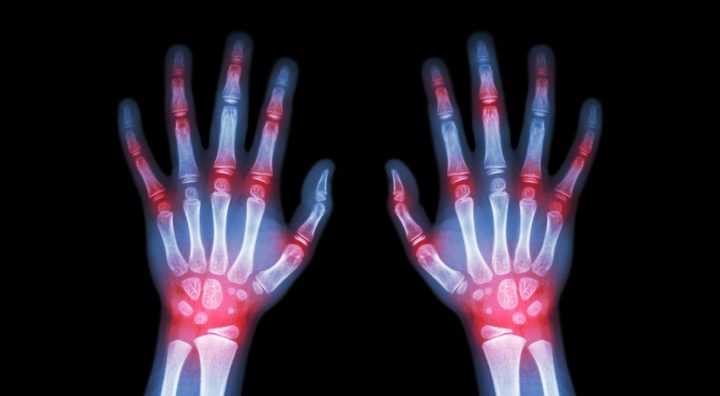About a quarter of people older than 65 have heart valve disease, but your risk of it may be increased after use of the common arthritis drug Celebrex. The study in the Journal of the American College of Cardiology shows that the drug has a calcification effect on heart valve cells, increasing the risk of heart valve disease by about 20 percent. However, researchers say calcification takes years to have an effect. Prior studies on Celebrex had found no dangerous effects.
A study presented to Experimental Biology sessions finds that a common food preservative called TBHQ has all kinds of bad effects on the immune system. Share on XFlu season is almost over but when it comes around again in the fall, be aware that what you eat could sabotage your flu shot. A study presented to Experimental Biology sessions finds that a common food preservative called TBHQ has all kinds of bad effects on the immune system. TBHQ keeps immune cells from remembering how to respond to the flu virus and also slows down T-cells. The additive is found in foods including cooking oils, frozen meats, especially fish, and many processed foods like chips and crackers. However, it’s not always required to be listed in the ingredients.
About 13 percent of American adults use cannabis and if they undergo surgery, it may take a lot more anesthesia to knock them out. A study in The Journal of the American Osteopathic Association examined three common sedatives used for endoscopic procedures and found that regular marijuana users required 14 percent more fentanyl, 20 percent more midazolam, and 220 percent more propofol to be adequately anesthetized. And as the dosages go up, complications increase.
Many companies are moving to pay-for-performance compensation, but a new study shows that those plans may make employees more anxious and depressed. The study from Washington University in St. Louis shows that when workers receive performance-based bonuses, commissions, piece rates, and so on, their use of anti-anxiety and depression drugs goes up, especially among women and workers over age 50. Pay-for-performance plans also lead to a higher attrition rate at companies that use them.
And finally… a few weeks ago we told you about a study finding that higher intake of nuts helps you hold on to a sharp brain as you age. Now you can add mushrooms to that list. A study in the Journal of Alzheimer’s Disease finds that eating more than a cup-and-a-half of cooked mushrooms per week can cut the odds of mild cognitive impairment by 50 percent.











Leave a Reply